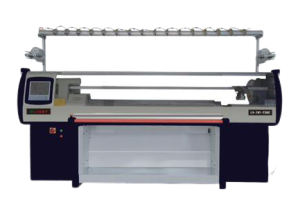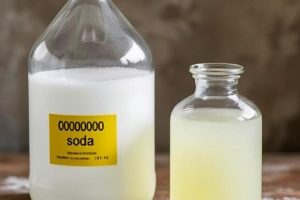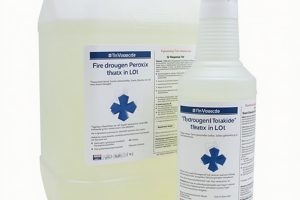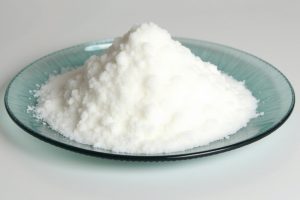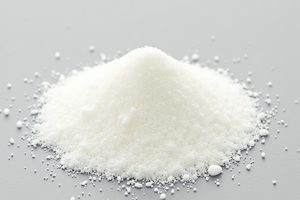The present invention relates to improved production, handling, and application methods for sodium sulfate (Na₂SO₄), an important inorganic salt used extensively in detergents, glass manufacturing, textiles, and chemical processing.
Sodium Sulfate
Abstract
This invention focuses on optimizing the purity, particle size distribution, and solubility of sodium sulfate for industrial applications while addressing environmental and efficiency challenges associated with its production and disposal. Enhanced formulations or processing methods improve performance in detergents, reduce scaling in industrial systems, and facilitate more sustainable use in various sectors.
Background of the Invention
Every construction is unique in scope, but process is systemically applied to each construction project.
Sodium sulfate is a white, crystalline solid or powder with the chemical formula Na₂SO₄. It is most commonly found in its decahydrate form (Glauber’s salt) or as anhydrous sodium sulfate. Naturally occurring and synthetically produced sodium sulfate is used in a wide variety of applications due to its high solubility, chemical stability, and low cost.
Despite its versatility, certain issues limit the efficiency and environmental performance of sodium sulfate in large-scale applications. These include:
-
Impurities in raw sodium sulfate affecting quality in sensitive applications like glass or textiles.
-
Scaling in equipment when used in water with high mineral content.
-
Disposal concerns, especially in detergent-heavy wastewater, which contributes to environmental salinity.
In conventional detergent and industrial formulations, sodium sulfate is often used as a filler or processing aid, but excessive use can lead to inefficient performance or environmental stress. Therefore, there is a growing need for refined sodium sulfate grades and smarter application systems that reduce waste, improve material compatibility, and ensure better functional performance.
Sodium Sulfate

Sodium sulfate is used across numerous industries due to its chemical neutrality, high solubility in water, and thermal stability. Key applications include:
-
Detergents and Cleaning Agents
-
Glass Manufacturing
-
Textile Industry
-
Paper and Pulp Industry
-
Chemical Manufacturing
-
Pharmaceuticals and Medicine
-
Construction Materials
-
Thermal Storage Systems
-
Agriculture
Sodium sulfate’s broad utility is supported by its chemical inertness, availability, and low toxicity. The present invention enhances these natural advantages by refining product quality and improving its integration into environmentally responsible processes.


